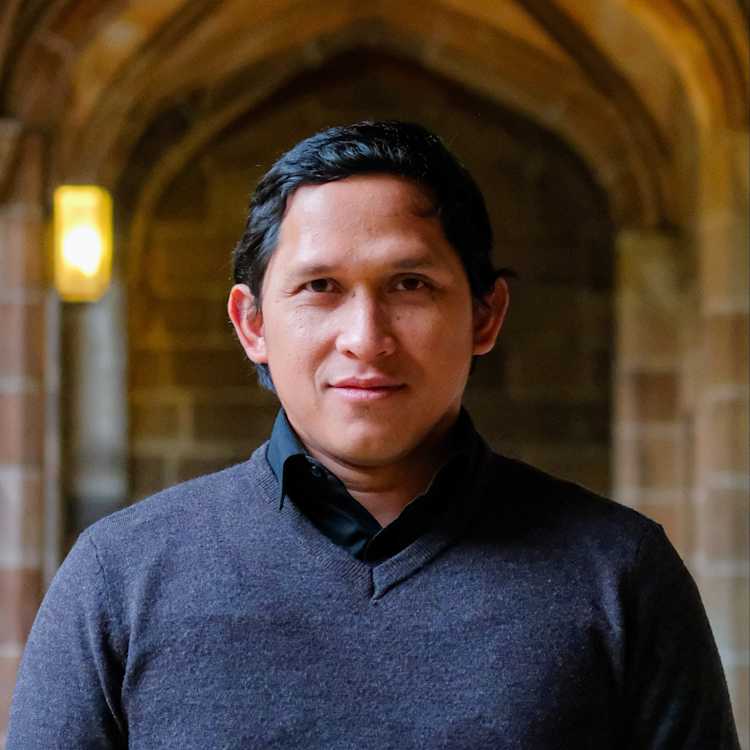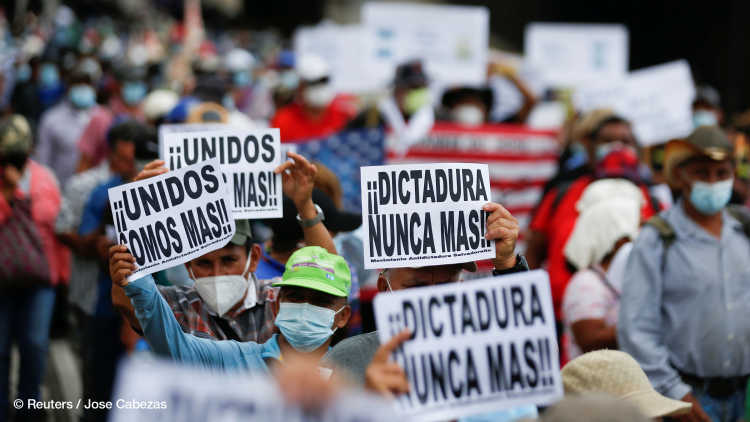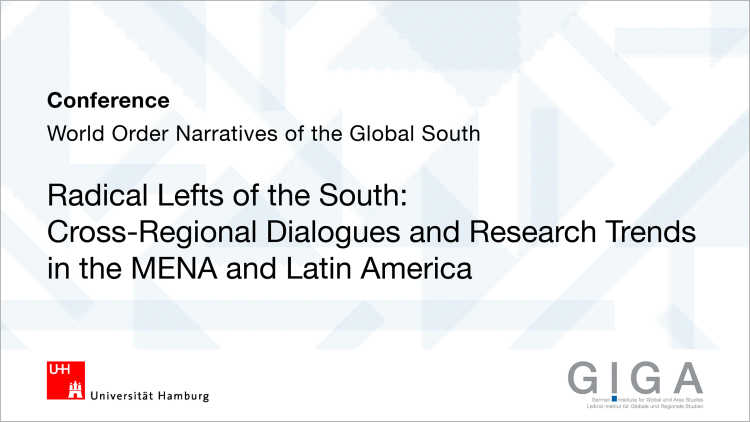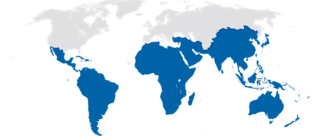- Home
- Research & Transfer
- Featured Topics and Countries
- Democratic Institutions under Stress
Democratic Erosion
Democracy builds on common principles such as elections, a division of power, and the rule of law. In practice, democratic institutions often underperform due to executives overstepping the mark, conflicts and power struggles causing a stalemate in the policy process, as well as governance instability.

Experts
Contact
Current Research
Countries and Regions
-
Democracy and Democratisation in Africa
-
(In-)Formal Political Institutions in Emerging Democracies
-
Political Representation
-
Parliaments in Africa
-
Personalization of Executive Power in Africa
-
Intra/inter-party competition
-
Sub-Sahara Africa
-
Ghana
-
South Africa
- Executive Personalization in Latin America
- Policy-making processes in democratic and authoritarian regimes
- Power relations and rule of law
- Ecuador
- El Salvador
- Latin America and the Caribbean
-
Social Protection Systems and Labour Markets
-
Latin America
-
Mexico
-
Brazil
-
Political institutions in Latin America
-
Presidentialism
-
Latin American congresses
-
Latin American courts
-
President-Congress relations; president-court relations
-
Latin America
-
Argentina
-
Brazil
-
Party systems
-
Sub-National Elections
-
Local Politics
-
Federalism
-
Democracy
-
Latin America, particularly Argentina and Brazil
Regional Powers
Political Institutions in Latin America
"Failed presidencies"
Transitional Justice
Argentina
Chile
Mexico
Paraguay
-
Social protection mechanisms in Latin America, Asia and the Middle East during the COVID-19 pandemic
-
Policies on violence against women in Latin America during the COVID-19 pandemic
-
Policy efforts to eliminate child labor in Latin America
-
Latin America
- Peru
- Bolivia
-
Multipolarity, Rising Powers, and International Politics
-
Legitimacy and International Institutions
-
Populism and Foreign Policy
-
India
-
South Asia
-
Security Sector Reforms
-
State Repression
-
Violent Democracies
-
Social Protest
-
Discursive Politics
- Legitimizing Repression and state-driven violence
- Nicaragua
- El Salvador
-
Central America
-
Latin America
- Executive Personalization
- Global Political Economy
- Structural Adjustment and Sectoral Transformation
- Institutional and Material Determinants of Authoritarian Rule
- Shrinking Civic Spaces
- Small Gulf Monarchies
- Middle East and North Africa
In Brief
Research Projects
Publications
Events
Media Contributions
Lectures
President (ad interim)
Prof. Dr. Sabine Kurtenbach is President (ad interim) of the GIGA.












































